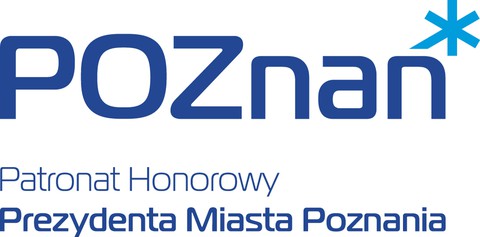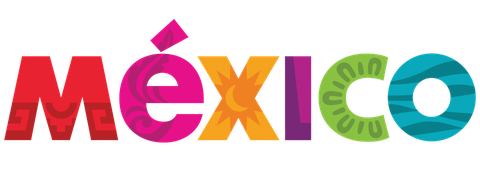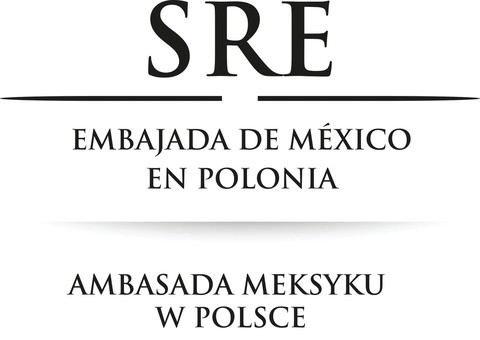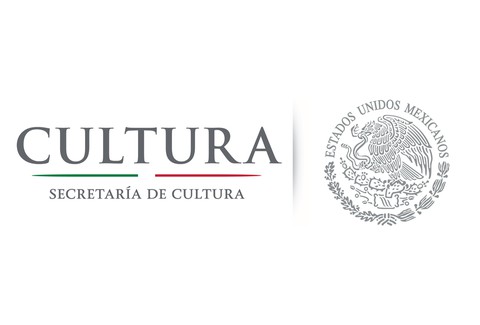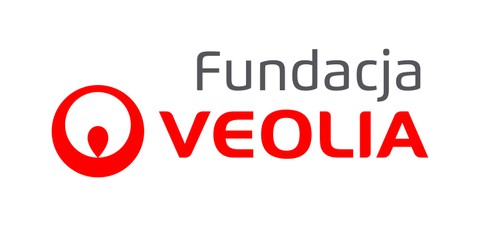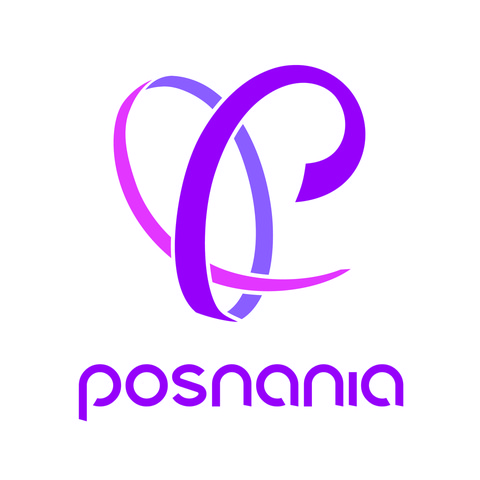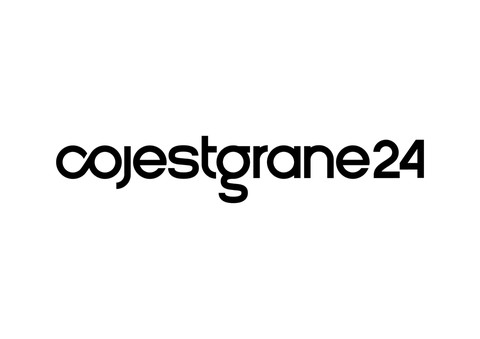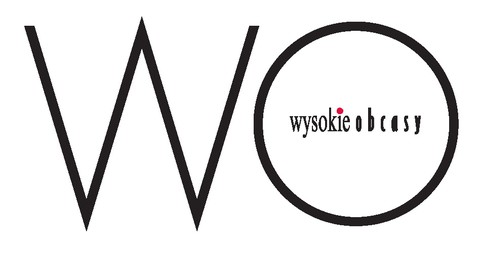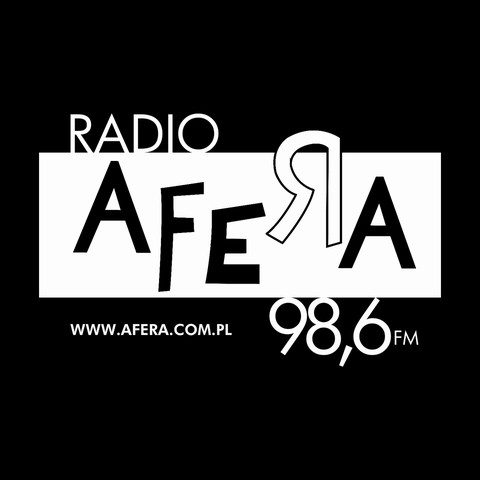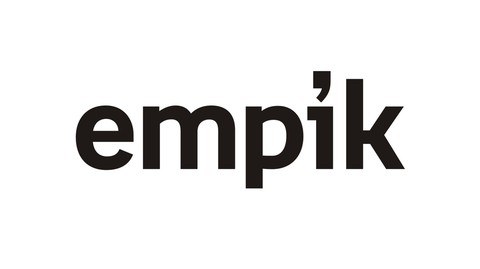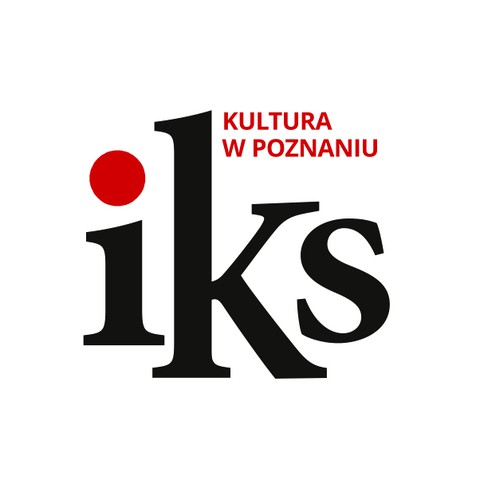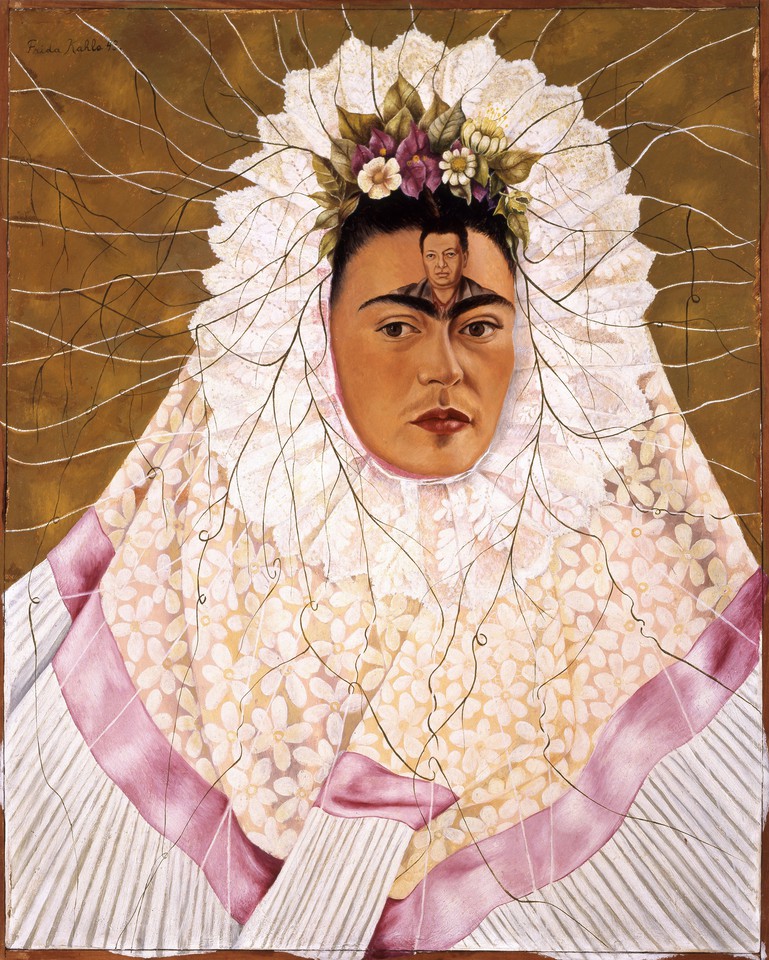
Frida Kahlo i Diego Rivera. Polski kontekst
-
TypSztuki wizualne
-
MiejsceSala Wystaw
-
Godzina g. 12 - 20
-
Data od 28.09.2017
do 21.01.2018
bilety
Wystawa dzieł Fridy Kahlo i Diego Rivery z kolekcji Jacquesa i Natashy Gelmanów, a także prac z kolekcji prywatnych i muzeów w Meksyku, Niemczech
i Polsce.
Wystawa czynna od wtorku do niedzieli
w g. 12-20.
31.12. wystawa będzie otwarta w g. 12-16.
1, 5 i 6.01.2018 wystawa będzie nieczynna.
20 i 21.01. wystawa będzie czynna do północy.
Kuratorka wystawy: Dr Helga Prignitz-Poda
Wystawa „Frida Kahlo i Diego Rivera. Polski kontekst” jest pierwszą i jedyną w Polsce wystawą Kahlo i Rivery, wzbogaconą o mało znany polski wątek w życiu artystów. Tytułowy kontekst tworzą z jednej strony bardzo bliskie relacje artystów z autorkami o polskim pochodzeniu (Bernice Kolko i Fanny Rabel), z drugiej zaś obecność obrazów Kahlo i Rivery oraz grafik Fanny Rabel na Wystawie Sztuki Meksykańskiej w 1955 roku w Polsce.
Wystawa podzielona jest na kilka części, nie obowiązuje jeden kierunek zwiedzania.
W Sali Wystaw zaprezentowane zostaną dzieła Kahlo i Rivery z kolekcji Jacquesa i Natashy Gelman z Meksyku. Frida Kahlo de Rivera to artystka ciesząca się niezwykłą sławą na całym świecie. Znana jest przede wszystkim ze swoich licznych autoportretów, na których widoczne są „ból i pasja″ wyrażone w intensywnej, jaskrawej kolorystyce. W wieku 22 lat Kahlo poślubiła sławnego meksykańskiego malarza, Diego Riverę. W 1953 roku, podczas pierwszej wystawy indywidualnej Fridy Kahlo w Meksyku, jeden z krytyków napisał:
„Nie sposób oddzielić życia i twórczości tej niezwykłej osoby. Jej obrazy są jej biografią″. W Centrum Kultury ZAMEK będzie można zobaczyć powszechnie znane, wręcz ikoniczne prace Fridy Kahlo, takie jak m.in. „Autoportret z naszyjnikiem”, „Portret Diego Rivery” i „Autoportret MCMXLI”. W sumie pokazanych zostanie ok. 40 dzieł Kahlo i Rivery oraz słynne fotograficzne wizerunki artystki, wykonane m.in. przez Nickolasa Muraya w latach 30. i 40.
Bezpośrednio z Sali Wystaw będzie można przejść do specjalnie zbudowanego kameralnego kina, w którym wyświetlane będą dokumentalne filmy, opowiadające o twórczości i życiu Fridy Kahlo i jej męża.
W zachodnim skrzydle Zamku zobaczymy zdjęcia Bernice Kolko – fotografki, która była przyjaciółką Fridy w ostatnich latach życia artystki. Zażyłość między nimi była tak duża, że Kolko miała zgodę na wykonywanie bardzo osobistych zdjęć Fridy. Uwieczniła malarkę w sytuacjach niepozowanych, w naturalnym otoczeniu,
w ogrodzie, z przyjaciółmi, a nawet chorą w łóżku.
W kolejnej sali zostanie pokazana twórczość Fanny Rabel, która należała do czwórki najbliższych uczniów Kahlo, a także współpracowała z Diego Riverą przy realizacji jego wielkoformatowych murali. Jej prace, przedstawiające codzienne życie Meksyku w latach 40. i 50., dokumentują otoczenie, w jakim żyła i tworzyła Frida Kahlo.
Idąc dalej, znajdziemy się w przestrzeni poświęconej Wystawie Sztuki Meksykańskiej w Polsce w 1955 roku. Była to jedna z najważniejszych wydarzeń w polskim życiu artystycznym w latach 50. XX wieku. Znalazły się na niej prace kluczowych dwudziestowiecznych artystów Meksyku, w tym obraz Fridy zatytułowany „La Mesa Herida” (Zraniony stół), który był największym obrazem kiedykolwiek namalowanym przez artystkę i ostatni raz widzianym właśnie wtedy w Polsce.
Wystawa „Frida Kahlo i Diego Rivera. Polski kontekst” zgłębi także fenomen popularności Fridy Kahlo i oddziaływania jej sztuki
na kolejne pokolenia twórców, nie tylko z Meksyku.
Wystawie będą towarzyszyć lekcje muzealne, wykłady, zwiedzania i warsztaty twórcze.
The Jacques and Natasha Gelman Collection of 20˚Century Mexican Art and The Vergel Foundation © 2016 Banco de México Diego Rivera Frida Kahlo Museums Trust, Mexico, D.F. / Artists Rights Society (ARS), New York
